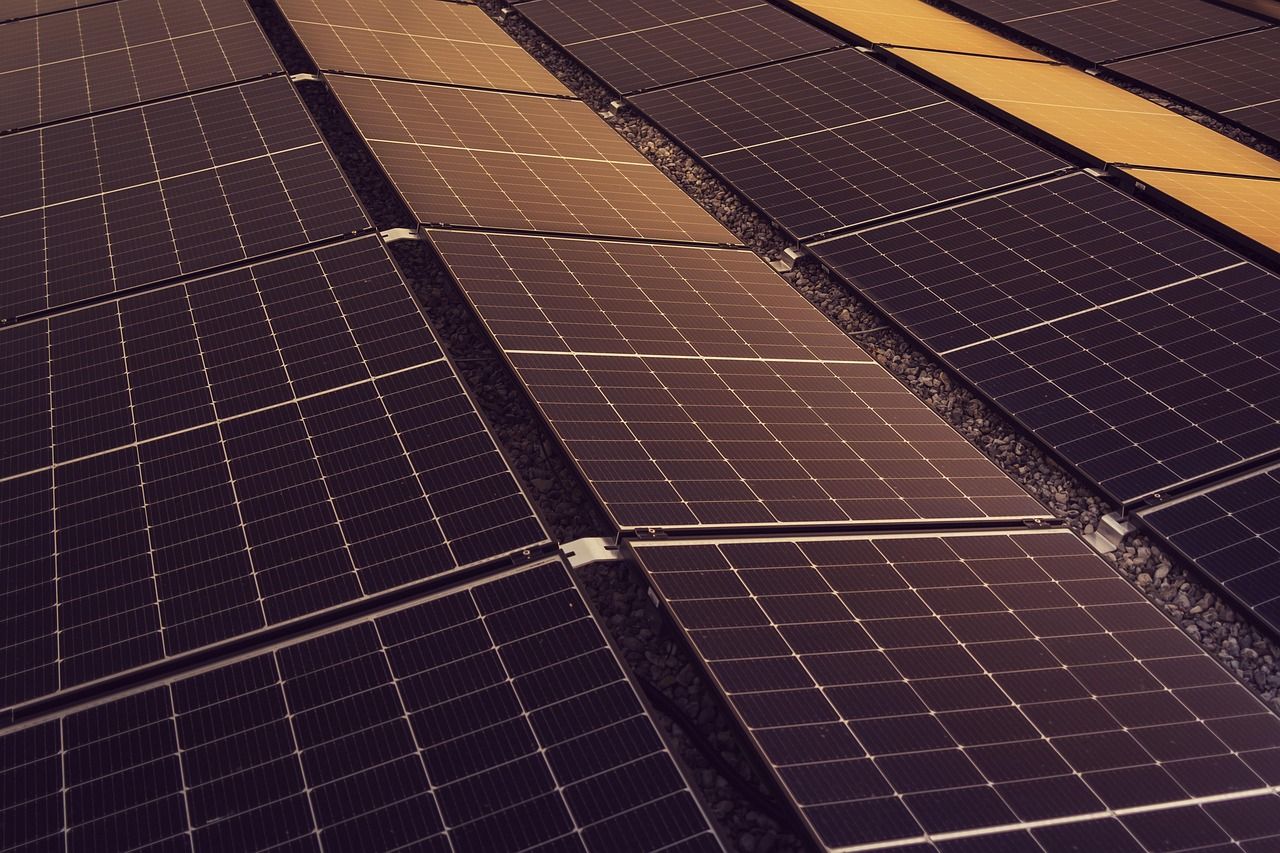
A Rooftop Solar Project With Panels—But No Power - A commercial rooftop had panels, but no power. Learn how repowering could turn stranded solar into savings and reliability.
A real estate developer had just acquired a mid-sized commercial property, excited to see solar panels already installed on the roof. The broker had even mentioned it during the sale—an energy-efficient building with lower operating costs and some clean, green upside.
Everything pointed to a win. A fully built solar installation promised to lower utility bills, reduce carbon footprint, and serve as a visible commitment to clean energy and sustainability.
But when they looked at their electric bill, something was off.
The Investigation
The new owner started asking questions. If this were a working solar project, where were the savings? Where was the solar power?
They pulled out the original engineering plans and climbed the roof. Sure enough, the solar panels were there, neatly mounted and facing the sun.
But beneath the surface?Nothing.
No inverters.No wiring.No connection to the grid.No performance data.No proof of power.
What they had was just a skeleton—an unfinished system with no ability to produce solar energy. A façade.
What Happened
The answer came slowly. The solar company that began the work had gone bankrupt during construction. The project had never been completed, never commissioned, never energized. It wasn’t just nonfunctional—it was never functional.
The developer hadn’t inherited a solar power system. They’d inherited a liability—an abandoned, non-producing shell of a solar project.
This Happens More Than You Think
At Do Good Energy, we’ve seen this before. Across the country, property owners are discovering that their supposed solar assets are incomplete, abandoned, or underperforming.
- A developer goes bankrupt mid-installation
- A solar project changes hands in a real estate deal
- Equipment sits idle, missing key components
- Everyone assumes it’s working—until someone checks
And what’s worse: without proper documentation, support, or service, these systems can sit useless for years while still occupying valuable rooftop space.
This isn’t rare. It’s becoming a pattern.And it’s undermining trust in renewable systems nationwide.
Where We Come In
At Do Good Energy, we specialize in identifying and repowering stranded and incomplete solar assets.We trace the paperwork, inspect the system, and design a custom plan to bring abandoned projects back to life.
In a situation like this, real recovery would mean:
- Sourcing modern inverters and completing full system wiring
- Verifying utility interconnection and permissions
- Properly commissioning the system to meet safety and compliance standards
- Turning a rooftop full of panels into a functioning, producing solar power asset
Instead of an abandoned system wasting space, the owner would have a fully operational solar project, generating clean energy, cutting utility costs, and restoring the value that was promised at the start.
Why It Matters
This wasn’t the largest solar project we’ve ever seen. It wasn’t a headline-grabbing solar farm or utility-scale solar plant pumping out 100+ MW.
But it mattered.
Because every failed solar system chips away at the trust and momentum behind renewable energy. Every rooftop that doesn’t produce is a missed opportunity for true clean energy generation.
And every time we bring one of these projects back to life, we’re proving that solar can work—when it’s done right, finished properly, and maintained by people who show up.
What We Do
At Do Good Energy, we find and fix forgotten solar systems—whether they were abandoned, half-built, or simply ignored. We complete, repower, or take over underperforming or stranded systems and give them the attention, upgrades, and expertise they need to actually deliver value.
If your solar system isn’t producing, isn’t finished, or you’re not even sure who owns it anymore, we’re here to figure it out.